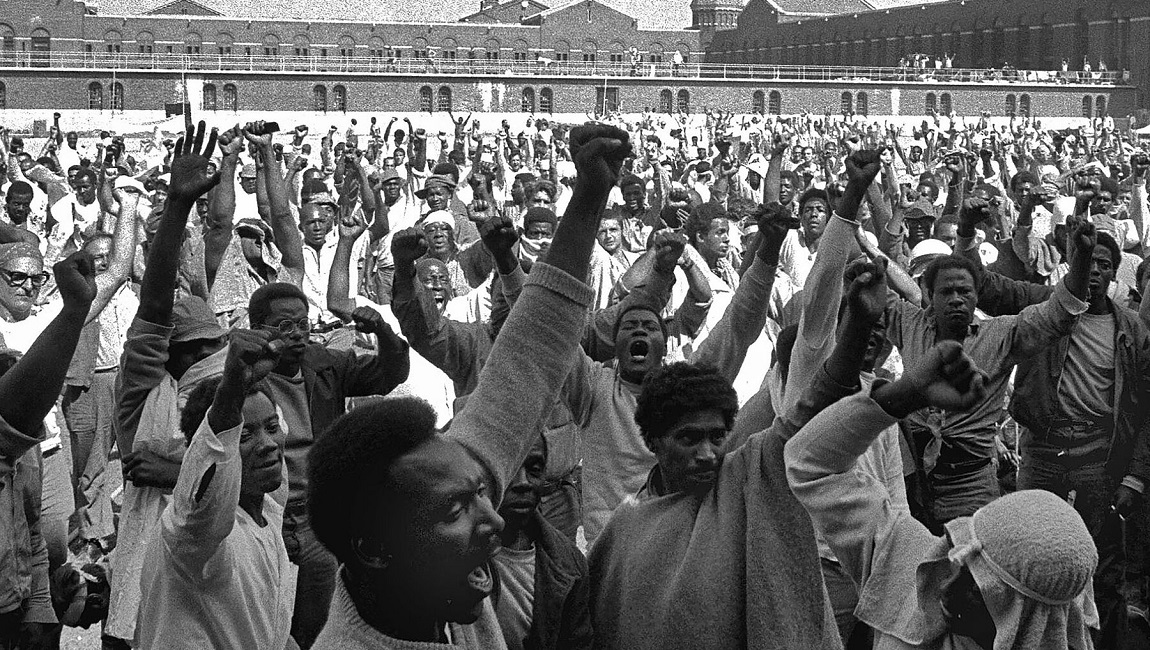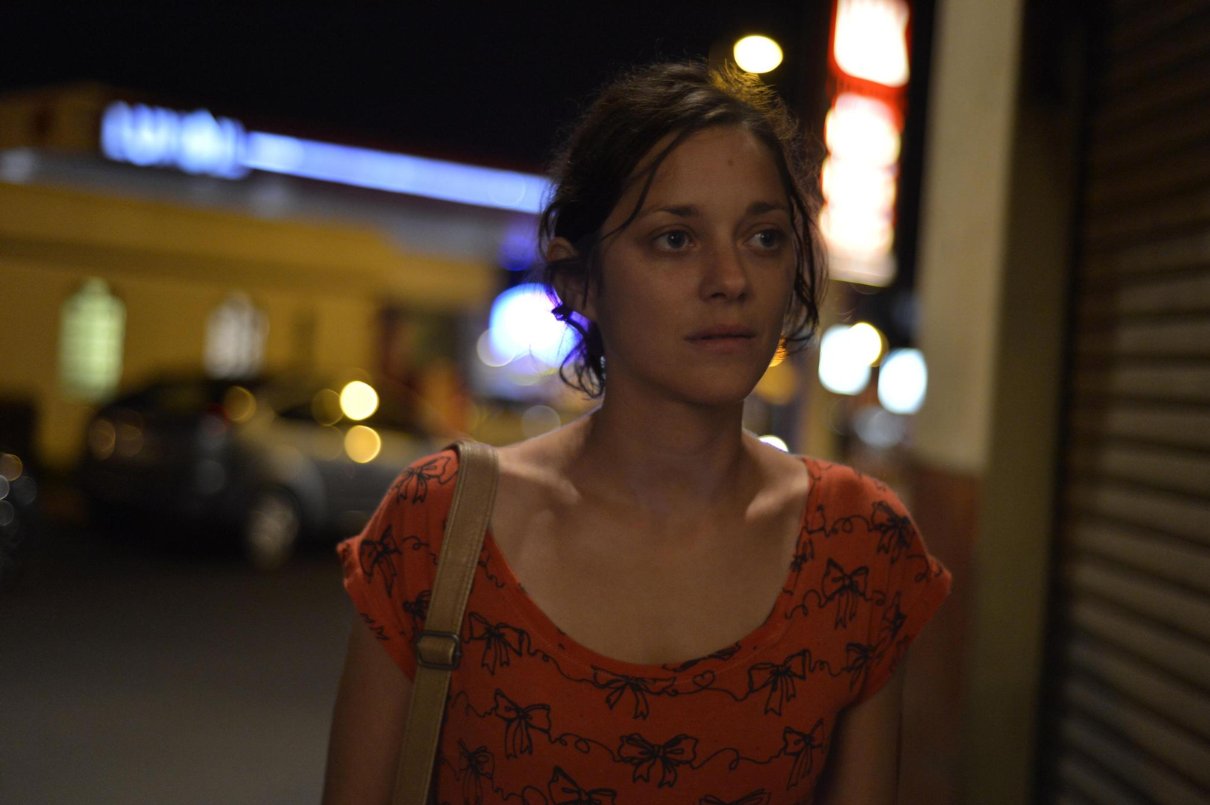Did a global pandemic just provide the shot in the arm that the Oscar broadcast needed?

There were some familiar elements about the annual awards ceremony, the kind that a location shift and a downsized production couldn’t rework. But the harder one tried to pinpoint what was the ‘same’ about Oscars 2021, the easier it became to find a point-of-difference between this year and...well, every other Oscar-cast before it.
 Broadcast network partner ABC and producers Steven Soderbergh, Stacey Sher and Jesse Collins were charged with capturing the traditions of Academy Awards night but also dragging it through and beyond a media landscape fractured like never before and a society in recovery mode. Their Oscars had to encapsulate a celebration of not just cinema, but of the politics of inclusion and how acceptance and diversity played a role in many of the 2020 nominees.
Broadcast network partner ABC and producers Steven Soderbergh, Stacey Sher and Jesse Collins were charged with capturing the traditions of Academy Awards night but also dragging it through and beyond a media landscape fractured like never before and a society in recovery mode. Their Oscars had to encapsulate a celebration of not just cinema, but of the politics of inclusion and how acceptance and diversity played a role in many of the 2020 nominees.
Unfolding within the cavernous art deco-inspired Union Station in Los Angeles, bedecked in robes and garnished with floral arrangements that seemed mostly tasteful, the ceremony opened at pace with Regina King gasping for air after walking the red carpet right to her mark on stage (including the ubiquitous ‘gown trip’). Setting the tone for a show that repeatedly acknowledged a country in flux, King opened with an acknowledgement of the George Floyd verdict ("If things had gone differently this past week...I may have traded in my heels for marching boots.")
 That is some stark, heartfelt commentary, and more was to follow. Thomas Vinterberg’s win for Best International Feature (pictured, left) afforded a platform for the Danish filmmaker to reflect (in intimate detail) upon the grief of losing his daughter in a car accident at the start of production on Another Round. Best Supporting Actor winner Daniel Kaluuya (for Judas and The Black Messiah) called on society to follow in the spirit of his social activist character, Fred Hampton. He undercut his message somewhat by thanking his parents for having sex (cut to - his mum, mouthing, “What’s he talking about?”), but the point was made.
That is some stark, heartfelt commentary, and more was to follow. Thomas Vinterberg’s win for Best International Feature (pictured, left) afforded a platform for the Danish filmmaker to reflect (in intimate detail) upon the grief of losing his daughter in a car accident at the start of production on Another Round. Best Supporting Actor winner Daniel Kaluuya (for Judas and The Black Messiah) called on society to follow in the spirit of his social activist character, Fred Hampton. He undercut his message somewhat by thanking his parents for having sex (cut to - his mum, mouthing, “What’s he talking about?”), but the point was made.
Such declarations and those that followed weren’t bleated out to a Kodak Theatre-sized audience, imbued with an inflated sense of dutiful righteousness that often accompanies speeches screamed to the back of a theatre. Instead, winners - like Best Score honouree Jon Batiste, who accepted with co-composers Trent Reznor and Atticus Ross for Soul, and Ma Rainey’s Black Bottom Make-Up and Hairstyling team Sergio Lopez-Rivera, Mia Neal, Jamika Wilson - were able to accept with dignified, considered addresses that conveyed heartfelt sentiment.
 The biggest shocks of the evening came in a hurried final 15 minutes. West Side Story supporting actress winner Rita Moreno presented the Best Picture winner, not unexpectedly, to Nomadland (Chloe Zhao had already earned the Best Director gong, the first woman of colour to do so), with Best Actor and Actress categories still to air. While audiences were still debating the value in such a move, Frances McDormand took Best Actress honours in typically Frances McDormand style, quoting Macduff from Shakespeare's Macbeth (“I have no words: my voice is in my sword. We know the sword is our work, and I like work”)
The biggest shocks of the evening came in a hurried final 15 minutes. West Side Story supporting actress winner Rita Moreno presented the Best Picture winner, not unexpectedly, to Nomadland (Chloe Zhao had already earned the Best Director gong, the first woman of colour to do so), with Best Actor and Actress categories still to air. While audiences were still debating the value in such a move, Frances McDormand took Best Actress honours in typically Frances McDormand style, quoting Macduff from Shakespeare's Macbeth (“I have no words: my voice is in my sword. We know the sword is our work, and I like work”)
This was followed by a wave of subdued shock and palpable disappointment when the Best Actor Oscar went to an absent Sir Anthony Hopkins for The Father and NOT sentimental favourite, the late Chadwick Boseman, for Ma Rainey’s Black Bottom. Musical director Questlove wrapped things up pretty quickly in the wake of Hopkin’s win.
 It was clear the format shuffle happened based upon the expectation Boseman would win and his widow, who has made some deeply emotional speeches in her husband’s absence at recent award ceremonies, would end the show on a rapturous remembrance of the actor. It was a roll of the dice the producers gambled and lost on, but it spoke to their willingness to rework and ultimately refresh the format based upon demands beyond their control.
It was clear the format shuffle happened based upon the expectation Boseman would win and his widow, who has made some deeply emotional speeches in her husband’s absence at recent award ceremonies, would end the show on a rapturous remembrance of the actor. It was a roll of the dice the producers gambled and lost on, but it spoke to their willingness to rework and ultimately refresh the format based upon demands beyond their control.
Notable omissions from the regular format included the host gig, which is totally understandable (not even Billy Crystal, reflecting upon the year that saw 550,000 pandemic fatalities in the U.S., could have pulled off an opening salvo of COVID-related gags); live musical performances (not missed, frankly); and, that bit where the accountants bring a briefcase out for everyone to see.
The 93rd Academy Awards were determined to take a message to an America for whom filmgoing had served no purpose over the past year. It was the role of the producers to define a new relevance for the Oscars, at a time when the movies played little relevance at all. In that regard, the understated ceremony (and that’s not a word I ever thought I’d use to describe the Oscars) proved surprisingly effective, even affecting. Taking a small-scale approach to big-screen entertainment, we were reminded of the value of the art form and those that bring it to us.
 Saturday, March 26, 2022 at 5:38PM
Saturday, March 26, 2022 at 5:38PM 
 Documentary,
Documentary,  Oscars,
Oscars,  Reviews
Reviews 






